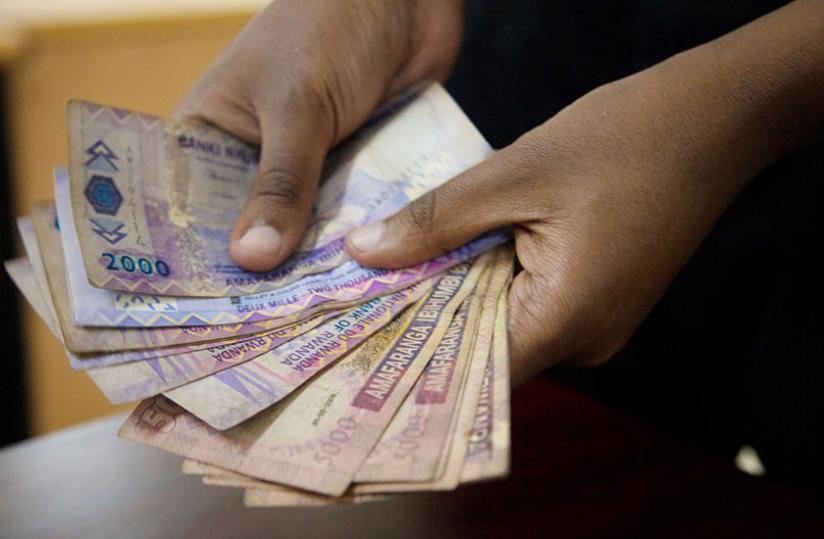The National Bank of Rwanda (BNR) will in the coming weeks issue new Rwf2,000 and Rwf5,000 notes to replace the existing ones. Cabinet last month assented to the Presidential Order on the issuance of the new bank notes.


The National Bank of Rwanda (BNR) will in the coming weeks issue new Rwf2,000 and Rwf5,000 notes to replace the existing ones.
Cabinet last month assented to the Presidential Order on the issuance of the new bank notes.
In July last year, the central bank advertised a tender for printing of the new notes, which was to be done in the 2013/2014 financial year.
BNR officials said yesterday that details will be announced at a media briefing today.
However, the tender document indicates eight shortlisted suppliers for the new notes.
These are Polska Wytowornia Papierow Wartosciowych from Poland, Oberthur Fudiciare from France, Joh. Enschede from Netherlands, Crane Currency from Sweden, Goznak from Russia, Casa De Moneda de Chile from Chile, Giesecke & Devrient from Germany, and De La Rue from the United Kingdom.
It was expected that the company which would win the tender would print 25 million of the Rwf2,000 notes and 10 million of the Rwf5,000 bank notes and supply them by July this year.
The design of the two notes is not expected to change as par the tender document, but noticeably, French was removed from the back of the notes with English the remaining language at the back. Kinyarwanda will remain printed on the front.
French was also dropped from the new Rwf500 notes last year.
Other specifications include the use of longer lasting paper, standard ink, a powerful security thread and anti-copy security feature.
"I would imagine the new notes have better security features and can last long,” said Eric Rutabana, country manager of Business Partners International, a private investment firm for mostly small and medium enterprises.
Rutabana said better security features would prevent counterfeiting while strong paper material would ensure the notes last longer in circulation.
Maurice Toroitich, managing director, KCB Bank Rwanda, said currency is depreciable, which means that if the currency in circulation has outlived its usefulness then the central bank would usually replace it.
"When you take to the central bank an old note, they will check to see if it is serviceable or not. If they will think it’s no longer serviceable, they destroy it and replace it with a new note,” Toroitich said.


